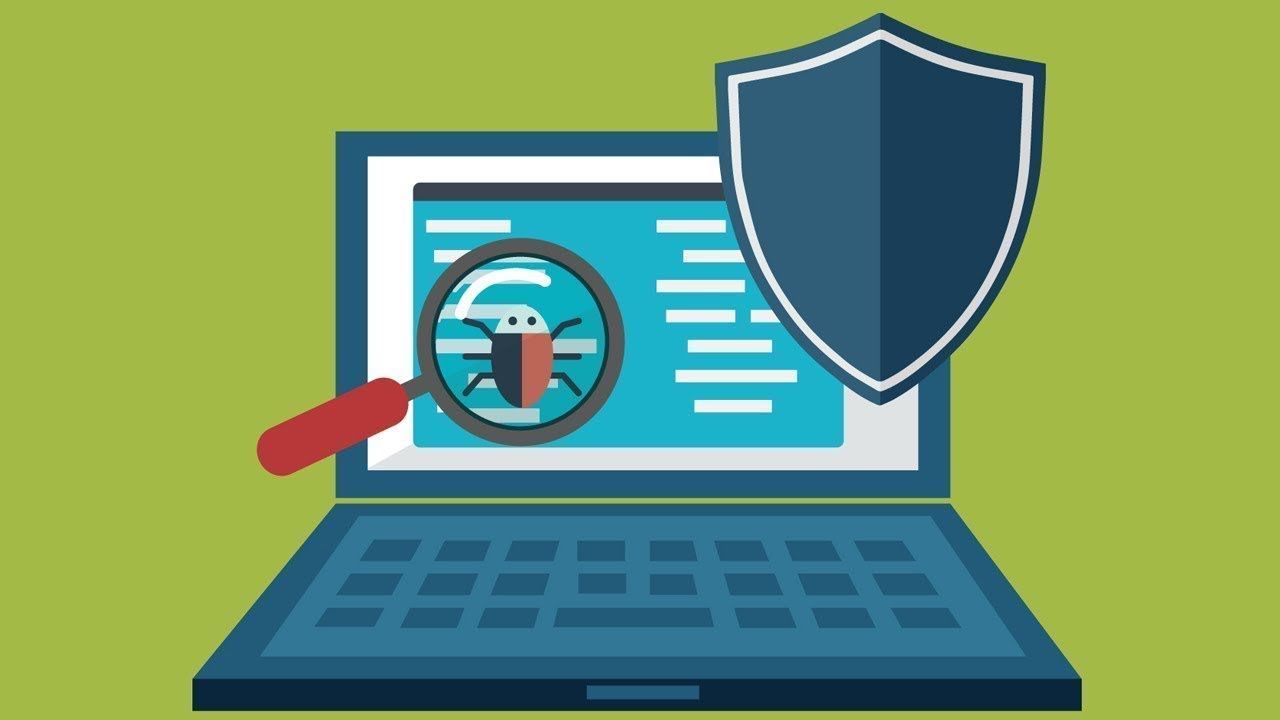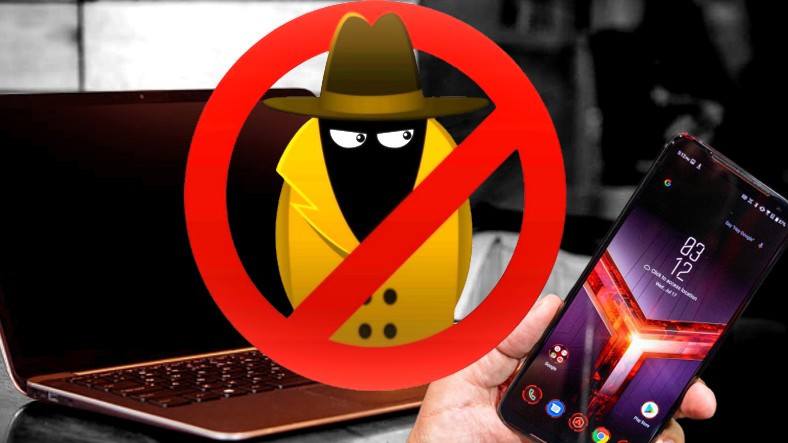The virus has been around almost since the computer has been around, and we have somehow become accustomed to dealing with it. We can also detect known malware in a way. Now spyware has surfaced, which we can call much more malicious software. Spyware is also a form of malware but hearing what this disease is doing makes you feel sorry for the malware that is quietly trying to do something in the background.
Spyware can infiltrate all devices such as computers, phones, tablets. Moreover, we usually do this infiltration by confirming it ourselves. When spyware infiltrates your device, you can achieve anything you can imagine – and unfortunately, you usually don’t realize this until you get into trouble. Bride what is our digital plague spyware, what does it do, how do you detect it? Let’s take a closer look.
What is spyware, what does it do, how is it detected?
What is Spyware?
What does spyware do?
Types of Spyware
What problems does spyware cause?
What are the symptoms of a spyware infection?
How is spyware sent?
How to remove spyware?

What is Spyware?
spyware; invade devices such as computers, tablets, smartphones without users’ knowledge, collects data without user consent and it is a type of malware that sells the collected data to third parties. Spyware is considered one of the biggest cyber threats in the world today.
Spyware is not a virus. Viruses try to spread in the device, spyware, on the other hand, only needs to get into the device once. Unlike most malware, spyware has access to much more confidential and important user data. Theft of such important data means that users have problems not only in their digital life, but also in their real life.
What does spyware do?

Spyware is often hidden in bundled software. When the user approves the software installation, it also approves spyware without realizing it. You can approve the installation of spyware with a single clause in the user agreements, which we never read and approve immediately.
The operating principle of spyware consists of three basic steps; infiltration, data collection and transmission of data. spyware that somehow infiltrated your device, collects all your data, down to screenshots and then sends this data to the owner of the software. Who knows what he will do now. Data that spyware can access some of them are;
- Login Information
- Usernames and passwords
- PIN codes
- Credit card and debit card numbers
- keyboard strokes
- Browsing habits
- Email addresses
- End-to-end encrypted messages
- Screenshots
Types of Spyware:
- Spyware of ‘Trojan Horse’ that sneaks into your device by hiding in a software package
- ‘Adware’ spyware that sells your data to advertisers and displays misleading ads
- ‘Browsing-tracking’ spyware that infiltrates websites and tracks your online habits
- ‘Keylogger’ spyware that monitors screenshots, keystrokes, visited websites and saved emails
It is possible to generally classify the types of spyware into these four basic categories. However, a spyware is one of these types. it can be much more complex. There may be spyware that does not belong to any of these types as well as spyware that will be considered under many different types.
What problems does spyware cause?

We said that spyware can steal your much more confidential and important data. This means, It is much more than losing your social media account. Data theft and identity fraud can have your bank accounts emptied, your credit card can be overspent, credit can be taken on your behalf, people you know can be scammed with your name and more.
Considering all this, it may sound a little light, but spyware can also cause device damage. Spyware is constantly running in the background It reduces the performance of the device, makes the device vulnerable by removing firewalls and can cause permanent damage to your device due to overheating and similar situations.
Some spyware redirects users to deceptive advertisements and websites. Whatever you type into the search engine You may come across completely different sites, pop-up ads may surround you and you may even see advertisements even when your internet browser is not open. This situation is not only annoying, but can also pose great dangers once you click on it.
What are the symptoms of a spyware infection?
- The home page of your internet browser changes.
- Your default search engine changes.
- You will see meaningless search results and advertisements.
- Even if your internet browser is closed, you will see advertisements.
- Your device’s performance will be drastically reduced.
- Your device often freezes or even crashes.
- You start seeing folders on your device that you don’t recognize.
- You will see that your files have been moved.
- Your files will be deleted.
- You’ll see emails you didn’t send in the Sent Items folder.
- Even websites encrypted with the https protocol are considered insecure.
Here are some of the problems you may encounter when spyware infiltrates your device. Often spyware manifests itself in a certain way and careful users understand this. However, in some cases, spyware can be quite insidious and go undetected.
How is spyware sent?

The main source of spyware infection is software packages. users, from an unreliable source they download a software package and install spyware themselves. Untrustworthy download sources, obscure software, campaigns that claim to offer free stuff are always dangerous.
Links and file attachments in emails are also the most common places for spyware. on untrusted websites Even accept cookies button It could be a spyware tool. So anything can happen at any time. So don’t click on untrusted links and remember that free cheese is only available in a mousetrap.
How to remove spyware?
If you suspect you have spyware on your computer, tablet or smartphone What you need to do is reset the device immediately. After backing up your important files, reset the device and make sure all software is removed. Usually this will get you rid of spyware.
Because spyware is not a virus It is not hidden among your files or folders. It is software that actively moves with its own files. Therefore, resetting the device is the best method. However, in some cases you will need professional support.
One of the biggest cyber threats in the world today. what is spyware, what does it do, how do you detect it? We answered the frequently asked questions and talked about the details you need to know about the topic. The internet world is full of dangers, be careful where you click.

















